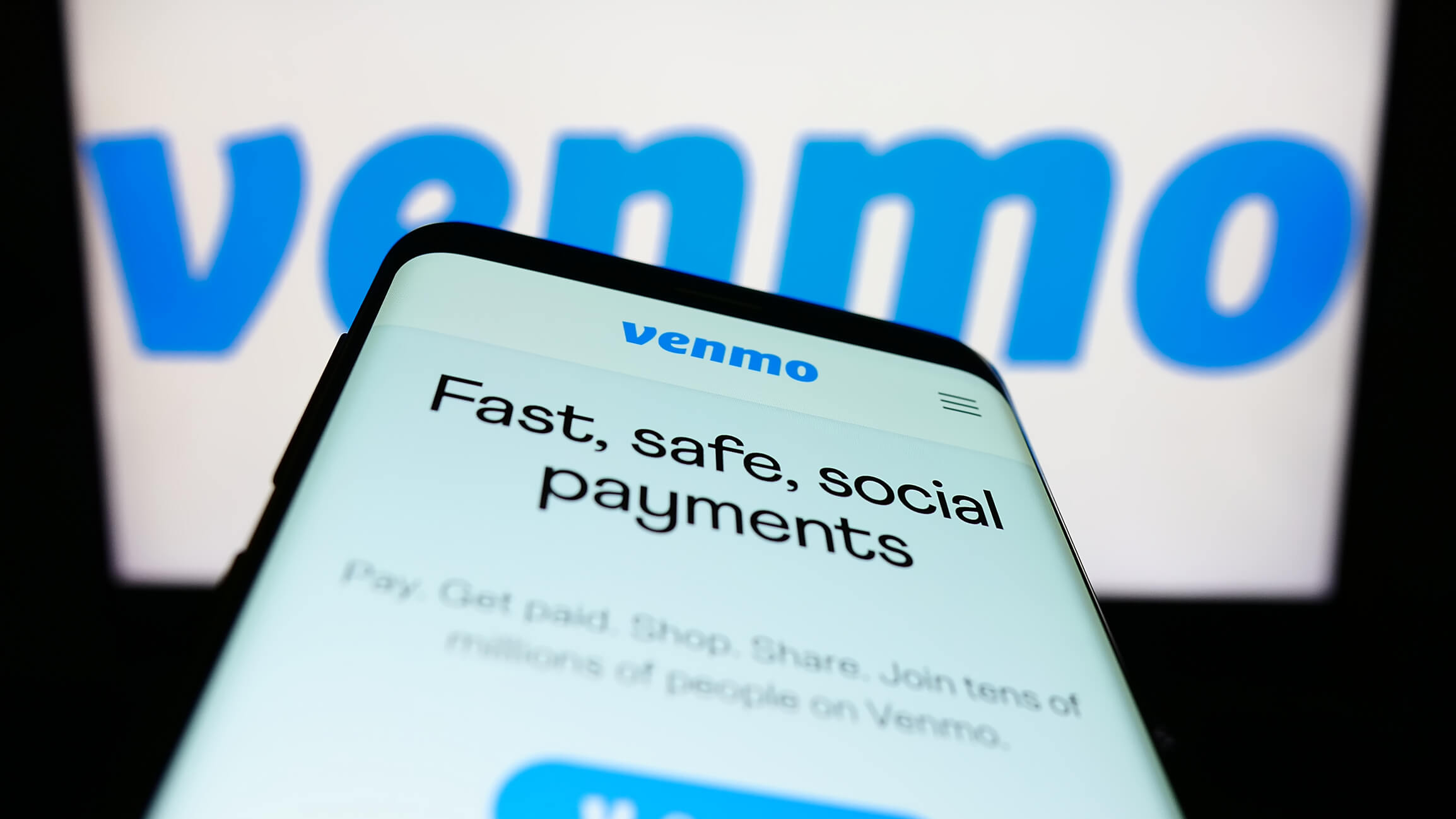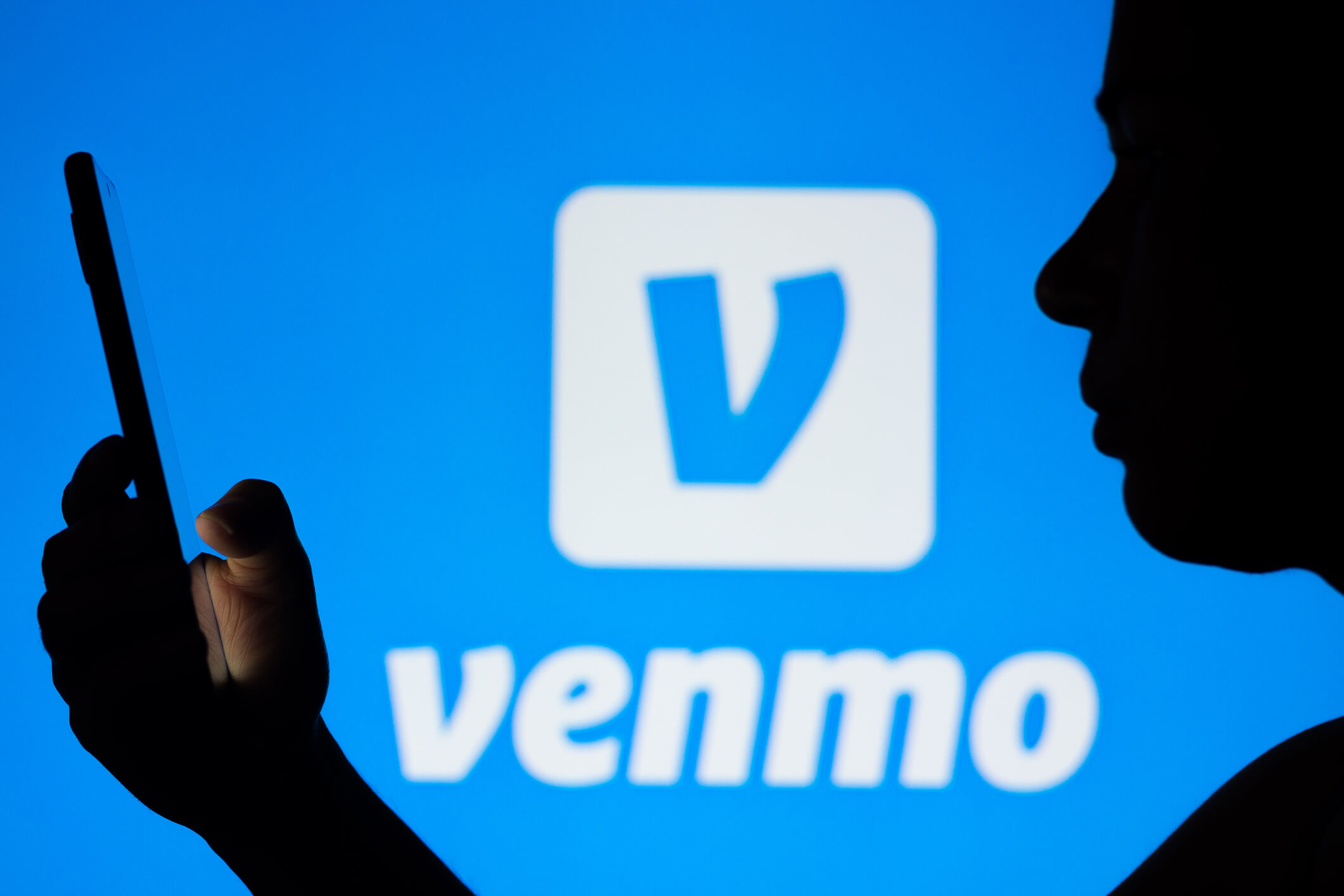In today’s digital age, businesses are constantly seeking innovative payment solutions to streamline their operations and enhance customer satisfaction. Venmo, a popular peer-to-peer payment platform, has gained significant traction in recent years. However, as a construction business owner, you may wonder if Venmo is suitable for your industry. This article will explore the pros and cons of using Venmo for your construction business, helping you make an informed decision.
Understanding Venmo: A Brief Overview of the Payment Platform
Before delving into the benefits and drawbacks of using Venmo for your construction business, it is essential to understand the basics of this payment platform. Venmo, owned by PayPal, allows users to send and receive money electronically through a mobile app. It is primarily used for personal transactions among friends and family members, making it a convenient and user-friendly option.
Understanding the Basics of Venmo and Its Features

Venmo operates through a mobile app, available for both iOS and Android devices. Users can link their bank accounts, credit cards, or debit cards to their Venmo account to fund their transactions. The app also offers a social aspect, allowing users to like and comment on their friends’ transactions.
Venmo transactions can be made by searching for the recipient’s username, email address, or phone number. Users can also add a note to specify the purpose of the payment. Additionally, Venmo offers a feature called “Venmo Card,” which allows users to make purchases using their Venmo balance at any merchant that accepts Mastercard.
How Venmo Works
To use Venmo for your construction business, you need to follow a step-by-step guide to ensure smooth transactions and efficient payment management.
- Download and Install the Venmo App: Start by downloading the Venmo app from the App Store or Google Play Store. Create an account by providing your email address, phone number, and creating a secure password.
- Verify Your Account: Venmo will send a verification code to your email or phone number. Enter the code to verify your account and proceed with the setup process.
- Link Your Bank Account or Credit Card: To receive payments from your clients, you need to link your business bank account or credit card to your Venmo account. This will allow you to transfer funds from Venmo to your bank account seamlessly.
- Customize Your Payment Options: Venmo allows you to customize your payment options by adding a business profile picture, description, and contact information. This will help your clients recognize your business and make payments more efficiently.
- Set Up Notifications: Venmo offers various notification settings, allowing you to receive alerts for incoming payments, payment requests, and other account activities. Customize these settings according to your preferences to stay updated on your business transactions.
- Promote Your Venmo Account: Once your Venmo account is set up, promote it to your clients by including your Venmo username or QR code on invoices, business cards, or your website. This will encourage your clients to use Venmo as a payment method.
The Benefits of Using Venmo for Your Construction Business

Using Venmo for your construction business can offer several benefits that streamline payments and enhance efficiency.
Streamlining Payments and Enhancing Efficiency
One of the significant advantages of using Venmo is the speed and convenience it offers. With just a few taps on their smartphones, your clients can make payments instantly, eliminating the need for cash or checks. This not only saves time but also reduces the risk of lost or delayed payments.
Venmo also simplifies the payment tracking process. The app provides a transaction history, allowing you to keep a record of all incoming and outgoing payments. This feature can be particularly useful for managing multiple projects and clients simultaneously.
Convenient and Secure Transactions
Venmo provides a secure platform for transactions, utilizing encryption and other security measures to protect users’ financial information. Additionally, Venmo offers a two-factor authentication feature, adding an extra layer of security to your account.
Furthermore, Venmo allows you to request payments from your clients, making it easier to manage invoicing and payment reminders. This feature ensures that you receive timely payments and reduces the need for manual follow-ups.
Building Trust and Professionalism with Clients
Accepting Venmo as a payment method can enhance your business’s professionalism and credibility. Many clients appreciate the convenience and modernity of using Venmo, which can help build trust and strengthen your relationship with them. By offering a variety of payment options, including Venmo, you demonstrate your commitment to meeting your clients’ needs and preferences.
Potential Drawbacks of Using Venmo for Your Construction Business
While Venmo offers numerous benefits, it is essential to consider the potential drawbacks before incorporating it into your construction business.
Limited Payment Protection and Dispute Resolution
Venmo is primarily designed for personal transactions, and its buyer and seller protection policies are limited compared to traditional payment processors. In the event of a dispute or fraudulent transaction, Venmo may not offer the same level of protection as other payment methods. This can be a concern when dealing with larger construction projects or high-value transactions.
Transaction Limits and Fees
Venmo sets transaction limits that vary based on the user’s verification status. Without identity verification, users face a $299.99 weekly limit. Verified individuals can send up to $60,000 weekly, with a $7,000 purchase limit. Verified businesses can send $25,000 weekly, with specific bank transfer limits also in place, including up to $49,999.99 weekly and per-transaction limits for instant transfers. Unverified business profiles have a $2,499.99 weekly limit and a $999.99 bank transfer limit.
Additionally, Venmo charges a fee of 1.75% for instant transfers to your bank account. While this fee may not be significant for smaller transactions, it can add up for larger payments, impacting your overall profitability.
Privacy and Security Concerns
Venmo’s social aspect, where users can like and comment on transactions, raises privacy concerns for some businesses. While you can adjust your privacy settings to limit who can see your transactions, it is essential to educate your clients about the potential visibility of their payments.
Furthermore, as with any online platform, there is always a risk of security breaches or unauthorized access to your Venmo account. It is crucial to follow best practices for online security, such as using strong passwords and enabling two-factor authentication, to mitigate these risks.
Setting Up Venmo for Your Construction Business
To set up Venmo for your construction business, follow these steps to ensure a smooth and professional experience.
Creating a Business Account on Venmo
Venmo offers a separate business account option, allowing you to distinguish your personal and business transactions. To create a business account, navigate to the Venmo website and click on the “Business” tab. Follow the prompts to provide the necessary information, such as your business name, address, and tax identification number.
Linking Bank Accounts and Credit Cards
To receive payments from your clients, link your business bank account or credit card to your Venmo business account. This will enable you to transfer funds from Venmo to your bank account seamlessly. Venmo provides step-by-step instructions on how to link your accounts within the app.
Customizing Payment Options and Notifications
Customize your Venmo business account by adding a business profile picture, description, and contact information. This will help your clients recognize your business and make payments more efficiently. Additionally, adjust your notification settings to receive alerts for incoming payments, payment requests, and other account activities.
FAQs
Q 1: Can I use Venmo for large-scale construction projects?
Venmo’s transaction limits may pose challenges for large-scale construction projects that involve substantial payments. It is advisable to explore alternative payment solutions that can accommodate the financial requirements of such projects.
Q 2: How can I ensure the privacy of my business transactions on Venmo?
To ensure the privacy of your business transactions on Venmo, it is essential to set your transactions as private and limit the visibility of your payment history. Additionally, you can communicate with your clients and subcontractors to maintain confidentiality.
Q 3: Are there any tax implications when using Venmo for my construction business?
Using Venmo for your construction business may have tax implications. It is crucial to consult with a tax professional to understand the tax obligations associated with using Venmo and ensure compliance with relevant tax laws.
Q 4: Can I use Venmo to pay my subcontractors and suppliers?
Venmo can be used to pay subcontractors and suppliers, provided they have Venmo accounts. However, it is essential to consider their preferences and ensure that Venmo aligns with their payment requirements.
Q5: Can I use Venmo for both personal and business transactions?
Yes, Venmo allows users to have both personal and business accounts. Having separate accounts helps maintain a clear distinction between personal and business transactions, making it easier to track and manage your finances.
Conclusion
In conclusion, Venmo offers several benefits for construction businesses, including convenience, cost savings, and enhanced security measures. It can streamline your payment processes, reduce transaction fees, and protect your financial transactions. However, it is crucial to consider the potential drawbacks, such as limited payment options, transaction limits, and legal compliance.
Ultimately, the suitability of Venmo as a payment solution for your construction business depends on your specific needs, client preferences, and industry requirements. It is advisable to assess your business’s unique circumstances and consult with professionals to make an informed decision. By carefully evaluating the pros and cons, you can determine whether Venmo is the right payment solution for your construction business.
